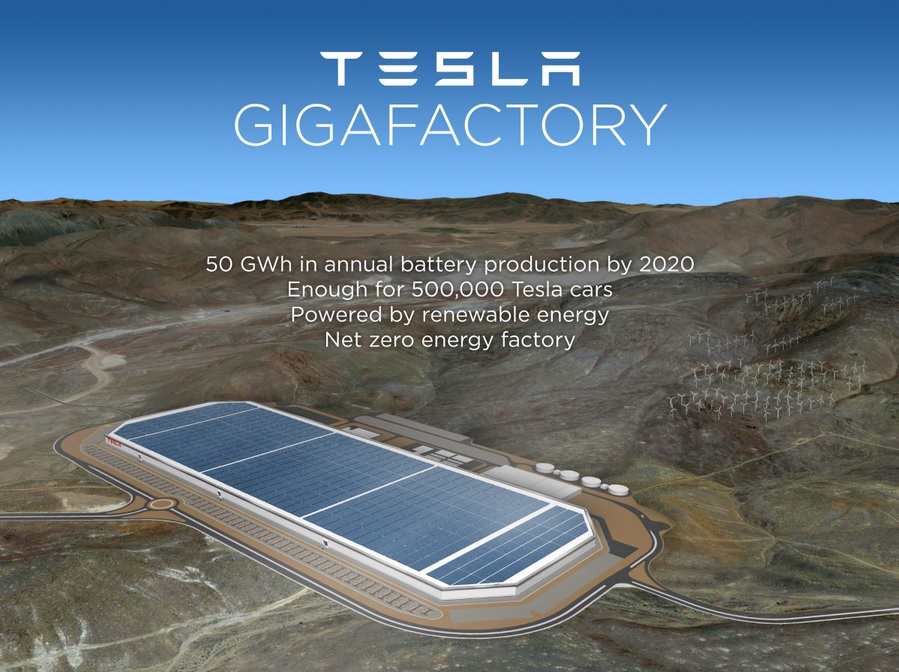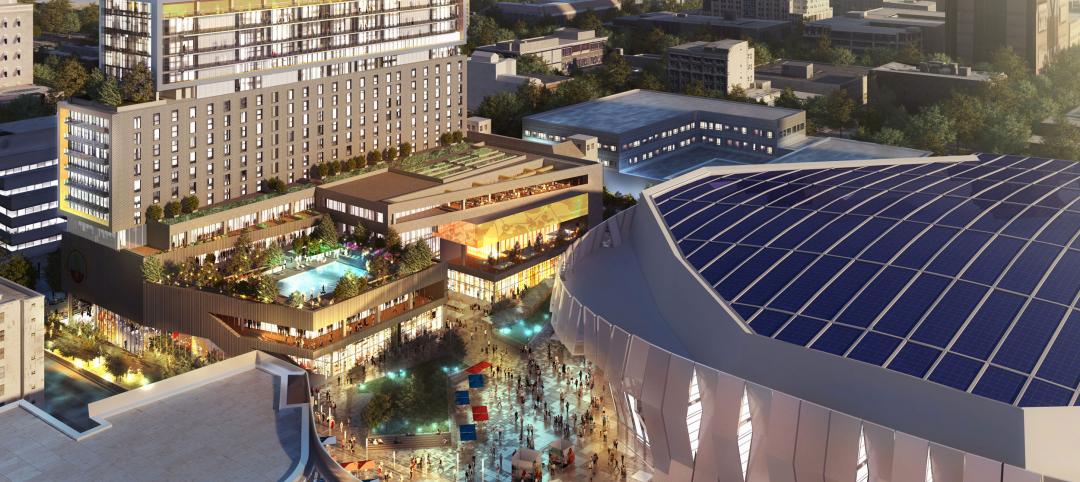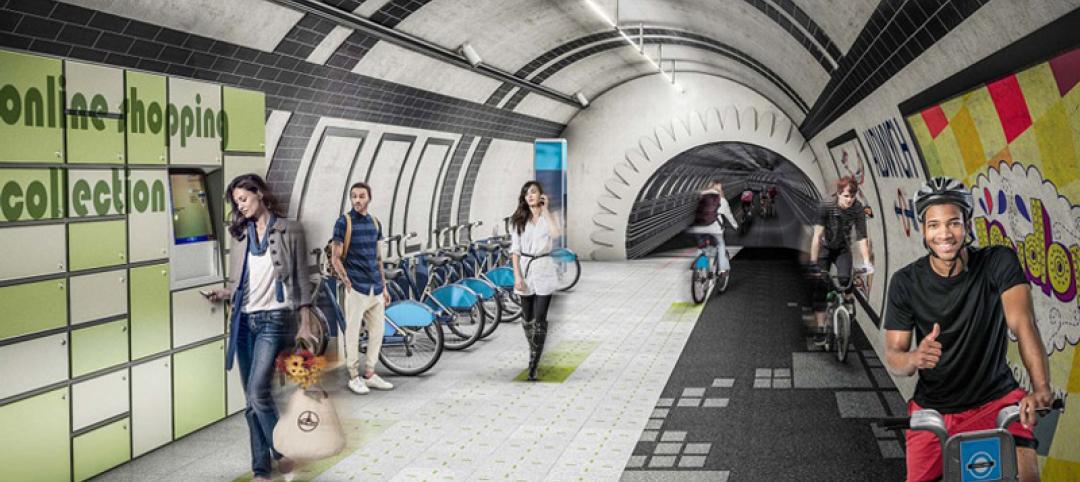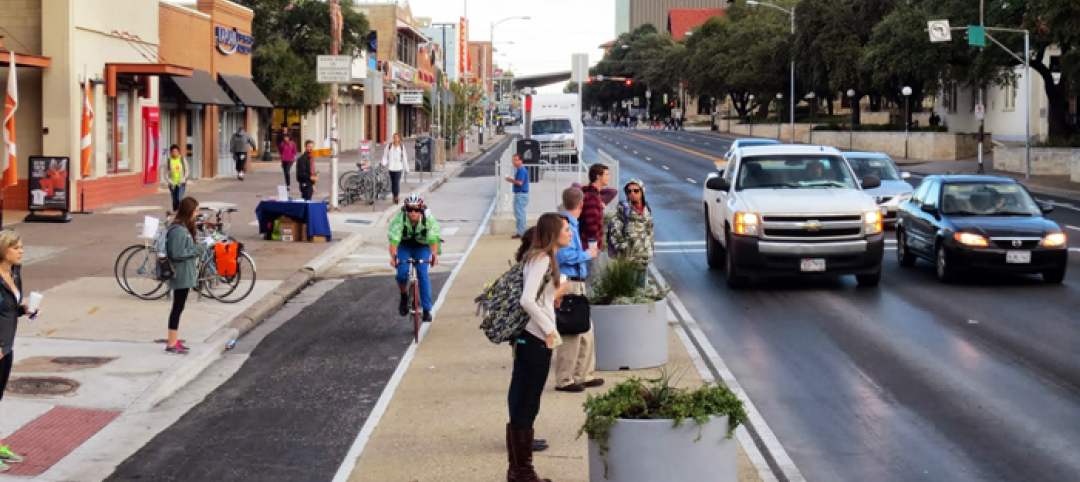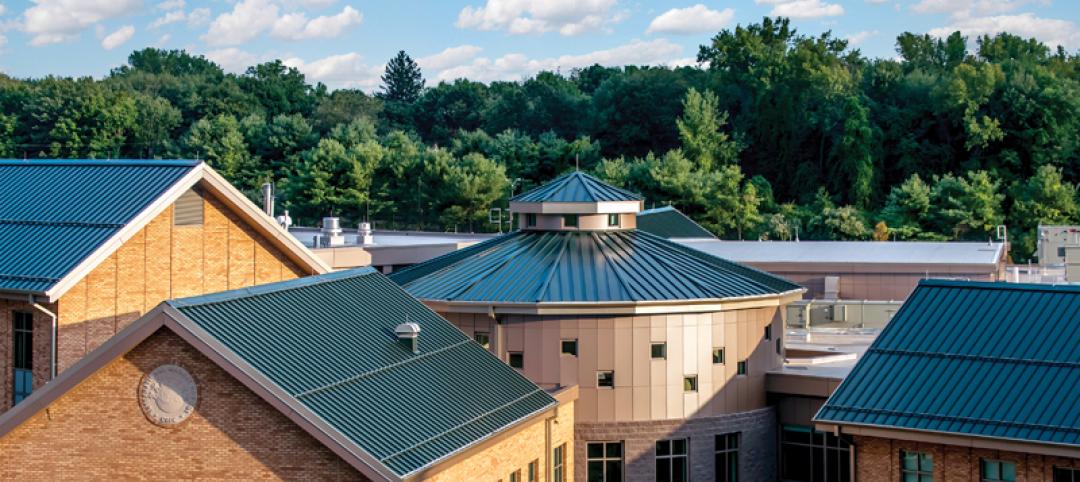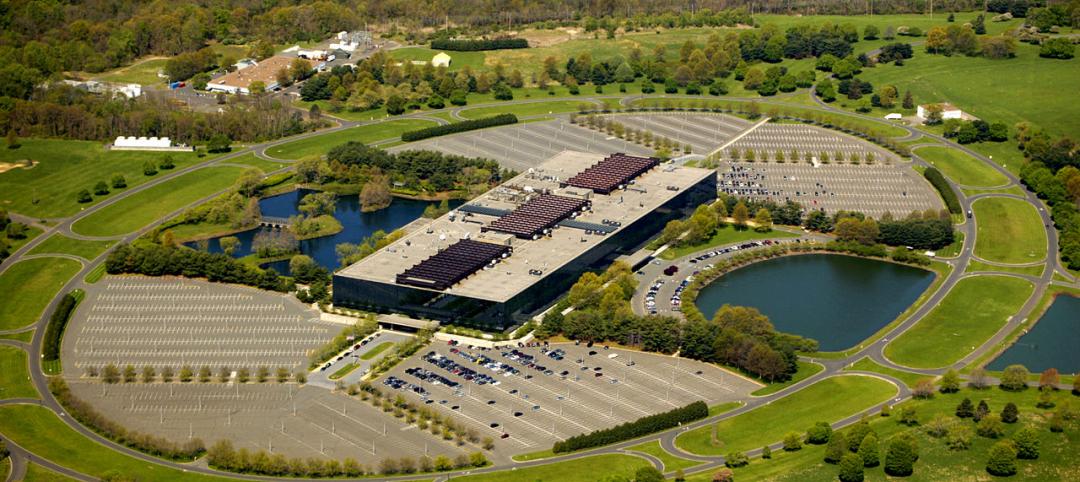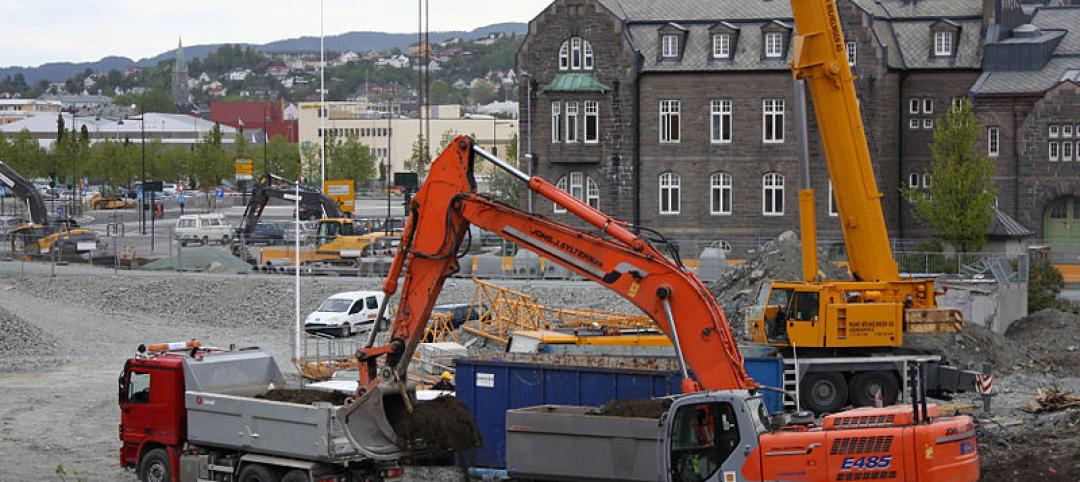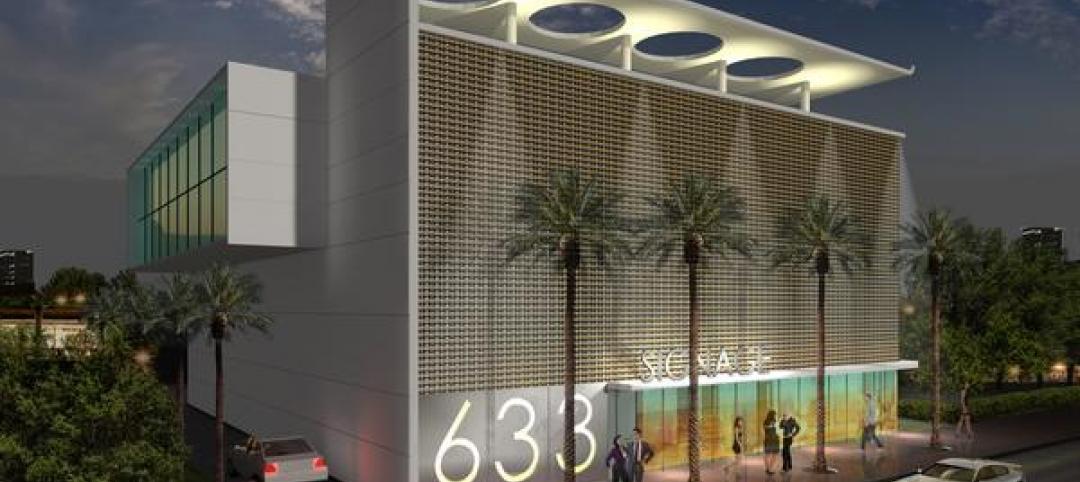Work has begun on Tesla Motors’ “gigafactory,” a $5 billion project on 980 acres in Sparks, Nev., that, when at full capacity in 2020, could annually produce 50 gigawatt-hours of lithium-ion batteries, or enough for 500,000 of Tesla’s electric cars.
Sparks, a suburb of Reno, Nev., was the winner in the gigafactory sweepstakes whose finalists were Fort Worth, Austin, Phoenix, and Albuquerque. Last September, Nevada Gov. Brian Sandoval signed a bill granting $1.3 billion in tax breaks to Tesla—including giving it the land for free—to build this massive plant, which at an estimated 5.5 million sf would be equal to 174 football fields.
Panasonic, which owns a portion of Tesla, last October said it would invest 10 billion Yen—or the equivalent of $92 million—into this project. The Wall Street Journal quoted Panasonic’s CEO, Kazuhiro Tsuga, who promised “installments of similar amounts” into this plant in the future. Currently, Panasonic supplies batteries for Tesla’s cars from its plants in Asia.
Elon Musk, Tesla’s CEO, says he expects Panasonic to contribute between 30% and 40% of the plant’s total cost. Tesla Motors will ante up half of the cost, and will manage the plant itself.
Tesla is building this plant to provide batteries for its Model 3 car, which is scheduled to go into production in late 2017 or early 2018. The plant would also provide batteries for Tesla’s Model S, and its upcoming Model X SUV. However, when this plant is scheduled to open is uncertain, as different news reports have said the opening could be in late 2016 or sometime in 2017.
The Nevada plant’s construction is projected to create between 20,000 and 22,000 jobs, and 6,500 permanent jobs. Over a 20-year period, the plant is expected to add $100 billion to Nevada’s economy.
Tesla’s goal is to produce batteries that are cheap enough for it to be sell its Model 3s for around $35,000. These batteries would also allow the electric cars to drive up to 200 miles before needing recharging.
However, given that Tesla sold between 33,000 and 35,000 cars globally in 2014, according to the website InsideEVs, its dreams of 500,000 units sales seem quixotic, especially given buyers’ lukewarm reception to all-electric cars so far.
To put this into some perspective, the two best-selling vehicle models in the U.S.—the Ford F-series trucks and Toyota Camry—sold 763,000 and 404,000 units in the U.S., respectively, last year, when a total of 16.5 million autos were purchased by American buyers. Toyota offers a gas-electric hybrid model, one of 47 hybrids from different manufacturers available in the U.S., where hybrids account for 3.2% of all light-vehicle sales.
Plug-in electric car sales in the U.S., on the other hand, rose above the 100,000-unit level for the third consecutive year in 2014, according to the website GreenCarReports.
Tesla doesn’t break out its U.S. sales, but given that its Model S starts at $70,000, one would think its market share is small. Nevertheless, the company is banking on a sizable increase in worldwide demand for electric cars. Last week Musk told CNBC that his company “should be able to produce a few million cars a year by 2025.” Tesla recently upgraded its plant in Fremont, Calif., to be able to produce 100,000 electric cars by the end of 2015.
Related Stories
Mixed-Use | Feb 13, 2015
First Look: Sacramento Planning Commission approves mixed-use tower by the new Kings arena
The project, named Downtown Plaza Tower, will have 16 stories and will include a public lobby, retail and office space, 250 hotel rooms, and residences at the top of the tower.
Architects | Feb 13, 2015
OMA commissioned to design newest New York High Line addition
Rem Koolhaas is the latest addition to the list of starchitects working on projects near the High Line elevated park.
Transit Facilities | Feb 12, 2015
Gensler proposes network of cycle highways in London’s unused underground
Unused tube lines would host pedestrian paths, cycle routes, cultural spaces, and retail outlets.
Transportation & Parking Facilities | Feb 11, 2015
11 of the nation’s best ‘Complete Streets’ policies of 2014
Austin, Texas, and Troy, N.Y., are among the cities with the strongest safe streets policies, according to a new report.
Sponsored | Roofing | Feb 11, 2015
New school blends with local architecture using Petersen metal roof
Perkins Eastman in Stamford, Conn., designed the school to emphasize and integrate the International Baccalaureate curriculum throughout.
Mixed-Use | Feb 11, 2015
Developer plans to turn Eero Saarinen's Bell Labs HQ into New Urbanist town center
Designed by Eero Saarinen in the late 1950s, the two-million-sf, steel-and-glass building was one of the best-funded and successful corporate research laboratories in the world.
Steel Buildings | Feb 10, 2015
Korean researchers discover 'super steel'
The new alloy makes steel as strong as titanium.
Museums | Feb 9, 2015
Herzog & de Meuron's M+ museum begins construction in Hong Kong
When completed, M+ will be one of the first buildings in the Foster + Partners-planned West Kowloon Cultural District.
Contractors | Feb 9, 2015
Construction firms reach highest employment total since February 2009
Construction employers added 39,000 jobs in January and 308,000 over the past year, reaching the highest employment total since February 2009.
Warehouses | Feb 5, 2015
Self storage facility designed to blend in with Miami Beach's party scene
The plans by architect Gutierrez & Lozano are of a sleek, boutique-looking, 22,500-sf facility at the gateway to the city.



